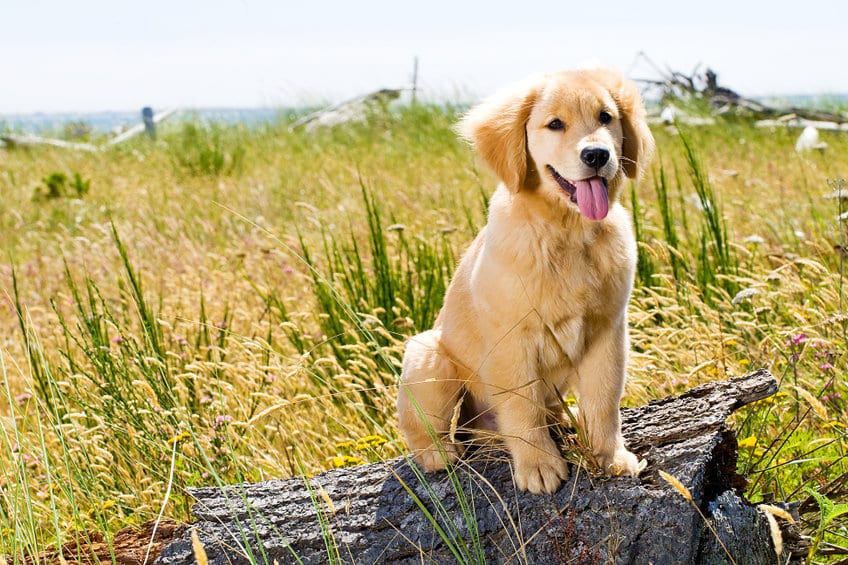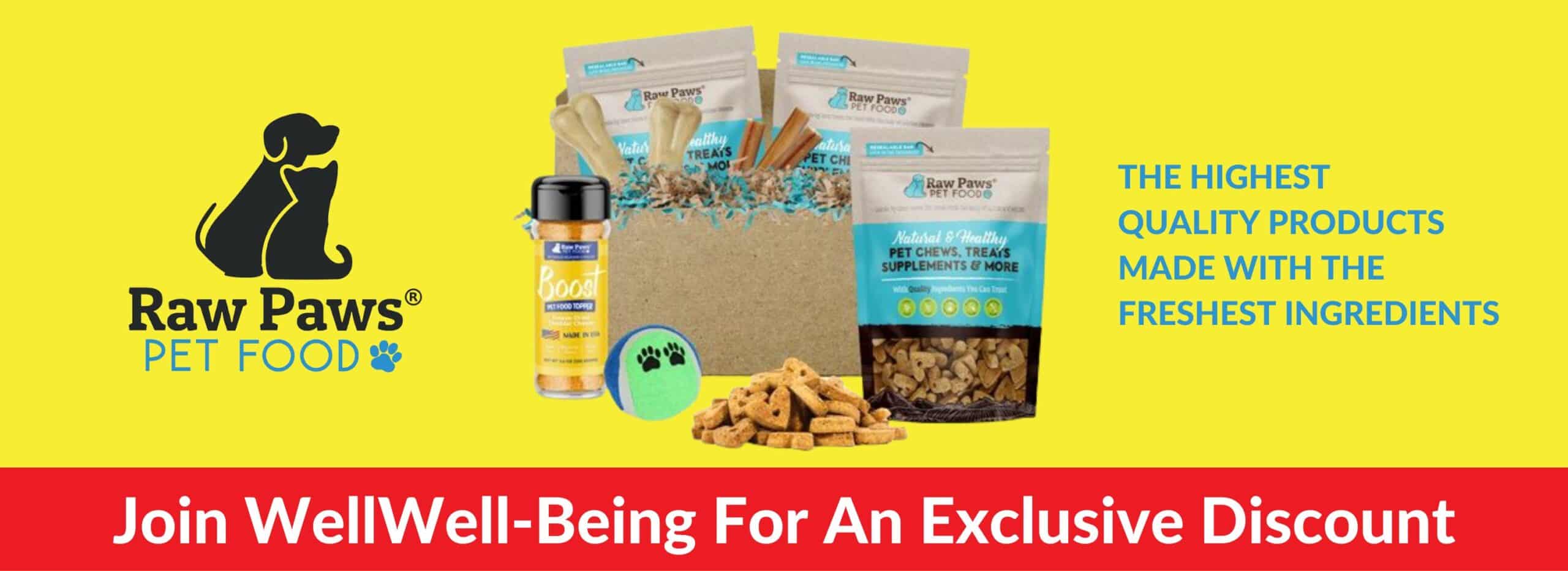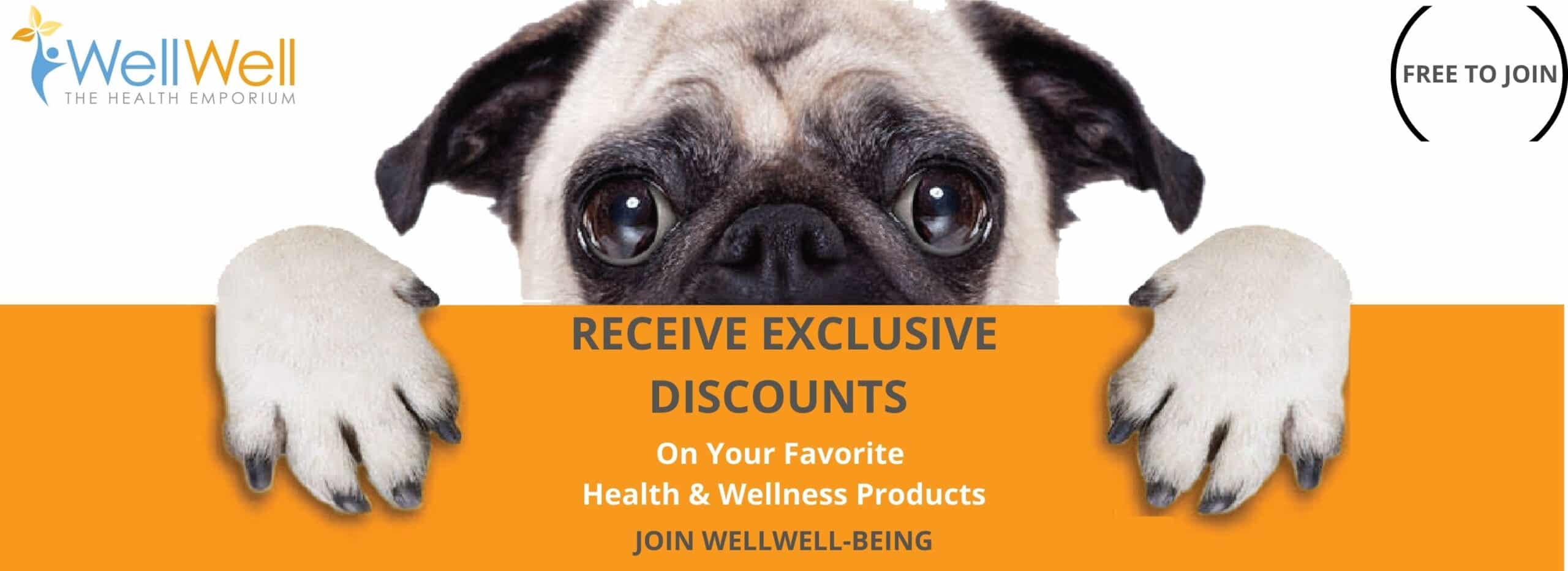By Saskia Salak –
Who could forget the Discovery Channel’s 13-season hit show MythBusters? The Australian-American team covered everything from whether attaching a rocket to a car with the hopes of increasing speed to answering the age-old quandary: can farts be set on fire? The crew even explored the realm of pet care with the world-renowned episode, “Dog Myths”, focusing on plausible techniques to evade an aggressive guard dog.
Unfortunately, MythBusters is no more and hasn’t been around for a while. Its departure has left a painful “what if” void for many, especially those seeking answers to those still lingering questions regarding their furry companion.
Many of these outstanding queries touch on grass-eating, bone munching, pooch leaning and yes, doggy nose prognostications. Thankfully, answers are now at hand or maybe at paw.
Dogs Eat Grass to Make Themselves Vomit
Whoever said the grass is always greener on the other side clearly wasn’t thinking about a dog’s digestive system. A 2008 study completed by the University of California found that only 8 percent of dogs demonstrated illness prior to eating grass, while 22% vomited post-ingestion. This statistic suggests an alternative motive for feasting on grass is to induce vomiting. Besides the university’s insights, this whole grass-eating thing isn’t new for dogs. It can be traced back to the ancestorial tendencies of wolves, who consumed grass to fend off intestinal parasites. Domesticated pets likely mimic this mannerism to combat tummy troubles. Bottom line: unless grass intake is followed by sickness—don’t bug out.
Warm Nose Worries
While touching a dog’s snout may be a natural inclination for many, the temperature of your pooch’s schnoz doesn’t hold any hidden truths. Nevertheless, many firmly believe that a warm nose is a sign of illness. A dog’s nose is generally kept cool because it gets licked by regularly. Pups do this in order to amplify scents. However, there are certain times licking isn’t an option, like during their precious naps or bedtime. This, obviously, is when a pup’s snout can be expected to heat up. For those hypochondriacs projecting their own insecurities onto man’s best friend, fear not. There are still many signals that your best furry friend isn’t feeling well. These include vomiting, diarrhea, increased urination, loss of appetite and unexplained weight loss, among other indicators, according to the American Kennel Club.
No Bones About It?
Knick knack patty whack can you give a dog a bone? This is a tricky one to answer because the results tend to vary. Cooked bones are completely off-limits. Once heated, bones become dehydrated and are likely to shatter into small pieces when chewed. These boney bits can become lodged in a dog’s intestinal system wreaking havoc on their health. Raw bones are a much safer choice, however, even these can present health risks and require supervision. As a benchmark, Pet MD recommends that any bone offered up to a pooch should be roughly the size of the dog’s head in question. If only human snacks could use the same metric.
Old Dogs & New Tricks
Let’s cut to the chase, this proverb is a straight fallacy. It stands to reason that people who adopt their dogs as puppies tend to train them immediately in order to avoid those unpleasant in-home accidents. However, that does not mean that older pups are any less quick to learn? No. In fact, older dogs are less prone to distractions, which often makes training more effective, according to VCA Animal Hospitals. Let this serve as yet another reminder to respect your elders—those furry and not.
Now, take your pooch for a walk.














